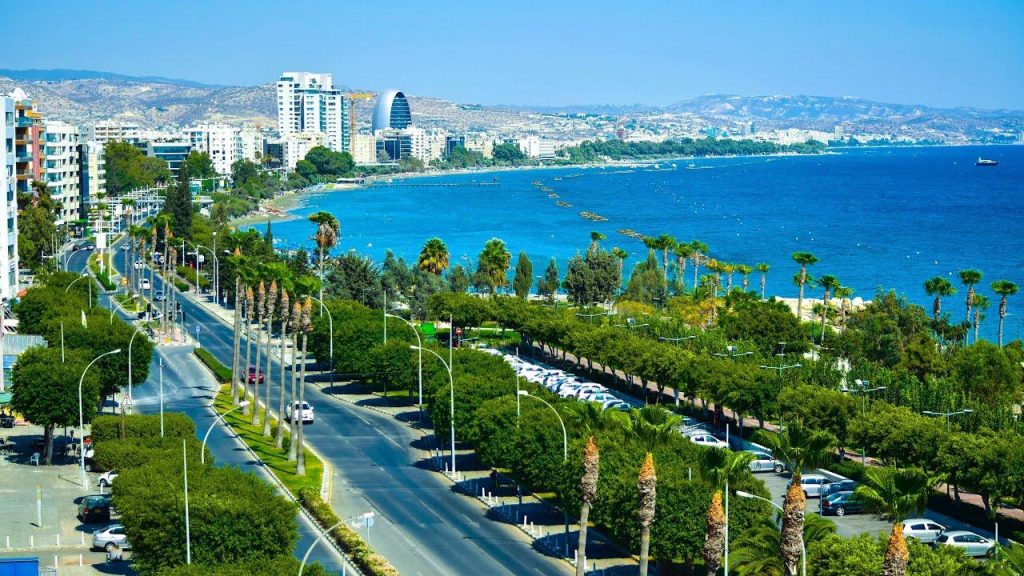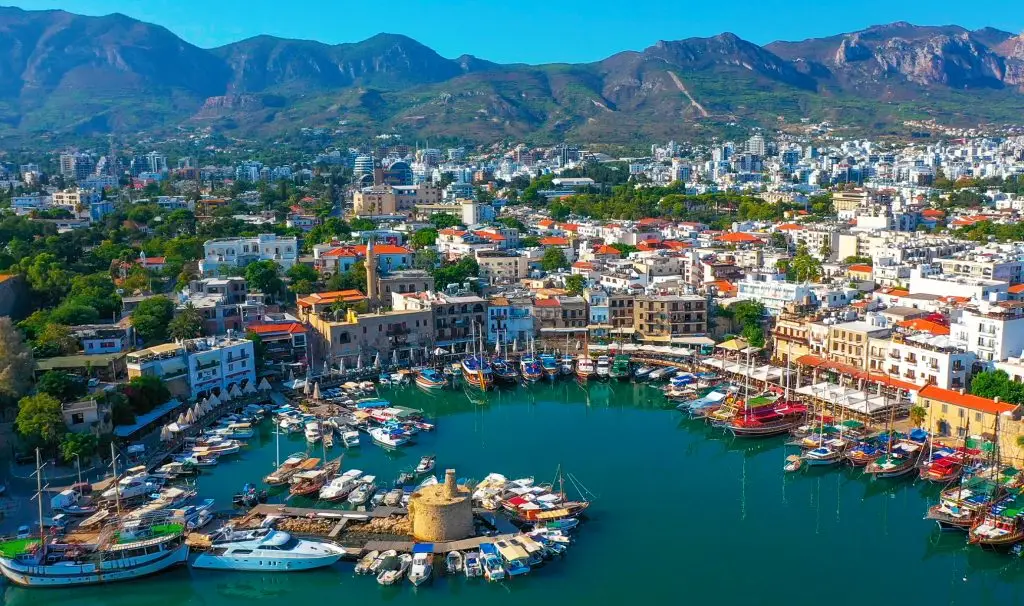Naturalized citizenship provides access to social guarantees, voting rights, freedom of movement, and new economic opportunities. This is not a random status, but the result of consistent fulfillment of the requirements laid down in the legislation of a particular country. Unlike birthright, this path requires proven loyalty, a real contribution to society, knowledge of local norms, and willingness to undergo a full-fledged procedure.
The Basic Conditions for Naturalization: What the Law Is Based On
To obtain citizenship by naturalization, it is necessary to meet the basic criteria. Countries form them according to the model of the adaptation filter. For example, in Portugal, an applicant will need at least 5 years of legal residence, proof of knowledge of the Portuguese language, a source of income and no criminal record. Registration of a permanent place of residence and a tax number is a prerequisite.
The key role in the process is played by:
- residence in the country for a continuous period of 3 to 10 years, depending on the jurisdiction;
- Domicile is the actual center of vital interests;
- integration into society — knowledge of language, history and traditions;
- reputation — absence of criminal and administrative violations;
- income is an official confirmation of economic solvency;
- Loyalty to the constitutional order is an oath or declaration of commitment.
These parameters form the basis of the naturalization conditions, regardless of the country of application. For example, in Germany, it is important not only to live there for 8 years, but also to demonstrate integration through language proficiency, social participation, and stable employment. In Canada, there is a points-based system that considers education, work experience, language skills, and residency status.

How to Obtain Citizenship by Naturalization: Step-by-Step Logic
 The naturalization procedure is formed as a linear legal process. It begins with the legalization of stay – a residence permit, which is converted into permanent residence. Next, the confirmation of the level of adaptation, payment of fees and passing of mandatory exams is required.
The naturalization procedure is formed as a linear legal process. It begins with the legalization of stay – a residence permit, which is converted into permanent residence. Next, the confirmation of the level of adaptation, payment of fees and passing of mandatory exams is required.
In most countries, the application is submitted electronically or in writing through migration services. For example, in Spain, the applicant is required to personally submit documents, pass an interview and wait for a decision for 1 year. At this stage, a legally clean package of documents is important: passport, residence permit/permanent residence, tax and employment certificates, language certificate, and certificate of no criminal record.
The final stage is taking the oath and being added to the state register of citizens. After that, a passport is issued. This is how the result is formed — the acquisition of citizenship by a foreigner, which is legalized within the framework of the country’s legislation.
Examples of different approaches: Features of citizenship by naturalization in Europe
Greece has a “double control” system, which is administered by the Immigration Department and the Ministry of the Interior. The process requires a minimum of 7 years of legal residence, knowledge of the Greek language, history, and the basics of the Constitution. The interview is conducted in the form of a structured test, which is supplemented by an oral part. The applicant must demonstrate their involvement in the country’s cultural, economic, or educational life.
The Czech Republic requires at least 5 years of permanent residence, active employment, proof of income, and successful completion of a test in the Czech language and legal basics. The advantage is a clear logic of consideration and standard terms of up to 180 days. France places emphasis on integration – language knowledge at B1 level, no long-term trips outside the country and proof of participation in public life. Continuous domicile for at least 5 years, availability of income and insurance are important.
Residence, Permanent Residence, and Permanent Settlement: The Starting Point
Before obtaining citizenship by naturalization, you will need to go through the stages of migration legalization. It all starts with a visa (Type D, investment, work or family). This is followed by a temporary residence permit (from 1 to 5 years). Upon completion, the applicant receives permanent residence (permanent residence).
The status allows you to live, work, and travel freely within the country, but it does not grant you civil rights. It is necessary to count the period of naturalization. For example, in Italy, permanent residence opens the way to applying for citizenship after 10 years of residence (or 3 years for descendants of Italians).
Naturalization Citizenship and Examination: Maturity test
In most countries, the naturalization process includes an exam. This exam tests the applicant’s knowledge of the official language, the basics of the legal system, history, and administrative structure. The exam can be conducted in written or oral form. For example, in Austria, the mandatory exam consists of three sections: constitutional system, country history, and basic rights and obligations of citizens. Without successfully passing the exam, naturalization is not possible. The exam serves as a test of the applicant’s readiness to become a part of society. It assesses the applicant’s level of integration, language proficiency, and cultural understanding. Preparing for the exam requires time, but it increases the chances of approval.
Reputation, Criminal Record, and Income: Pitfalls
Even if all the conditions are met, the candidate may be rejected. The reasons include criminal records, unpaid debts, fake employment, or involvement in prohibited organizations. The government conducts checks through law enforcement and financial channels.
Financial stability is confirmed by bank statements, employment contracts, and tax records. To be eligible for naturalization, it is important to demonstrate that the candidate is not dependent on social benefits. This demonstrates independence and a willingness to take economic responsibility.
The quick way to a passport: investing in real estate
Despite the complexity of the classic scheme, there is a shorter and more pragmatic route — investing in real estate. A number of countries (for example, Portugal, Greece, Cyprus) provide a residence permit for an investment in objects from 250,000 to 500,000 euros. Then this residence permit turns into permanent residence and after 5-7 years into citizenship.
The investment model reduces the bureaucratic burden. Most often, exams and interviews in such cases are replaced by confirmation of the transparency of the transaction and the source of funds. For families with capital, this path turns out to be more efficient and faster than naturalization through integration.
Practical advice: how to avoid mistakes
Citizenship by naturalization requires discipline and strategy. To complete the process without rejections or delays, it is essential to follow these simple yet critical guidelines:
-
Maintain continuity of residence: long trips reset the length of service.
-
To participate in public life: volunteering, education, taxes.
-
Confirm your income: official payments, contracts, and taxes.
-
Learn the language consistently: certificates and practice.
-
Check the validity of documents and avoid oversights.
-
Keep all copies and originals, including rental agreements, checks, and statements.
-
Do not hide information: even a minor discrepancy causes a rejection.
-
Start preparing for the exam in advance.

-
Avoid falsifications and intermediaries without a license.
-
Consider investing in real estate as a backup option.
Conclusion
 Citizenship by naturalization is formed not by chance, but sequentially — step by step, from legal entry to the final oath. The path is suitable for those who are ready to adapt, learn the language, comply with the laws and integrate into a new society. States perceive citizenship as a tool of trust, and therefore set clear requirements — from residence experience to proven income and knowledge of traditions. Each stage of the process checks not only the documents, but also the intentions.
Citizenship by naturalization is formed not by chance, but sequentially — step by step, from legal entry to the final oath. The path is suitable for those who are ready to adapt, learn the language, comply with the laws and integrate into a new society. States perceive citizenship as a tool of trust, and therefore set clear requirements — from residence experience to proven income and knowledge of traditions. Each stage of the process checks not only the documents, but also the intentions.
 en
en  de
de  ar
ar  es
es  nl
nl  hi
hi  fr
fr  it
it  pt
pt  el
el 









